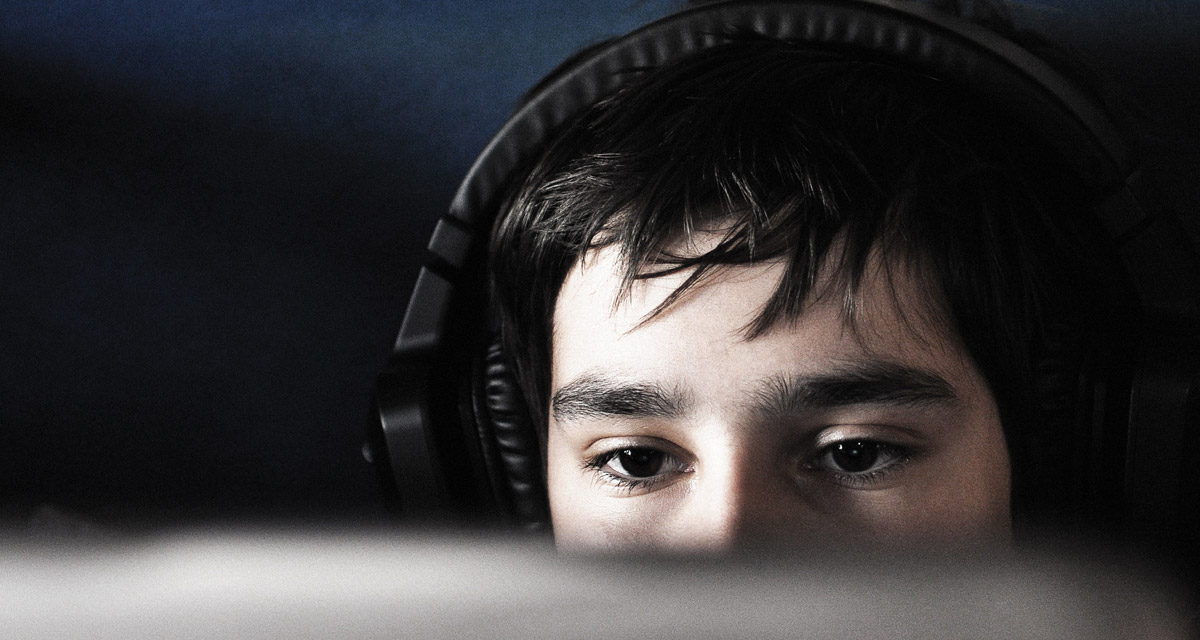Living in the digital world gratifies the user with any possible want in a single click. Preteens and teens may be limited to exploring the Internet through parental controls and settings; yet, technology has a new and problematic loophole. A staggering $25 billion comprises the cost of online ads geared toward the audience of “Digital Natives” and “Generation Z,” ranging from young adults and children born between 1995 and 2010. Why? They are comfortable and well-networked on the ease of accessing all forms of technology. They also have influence and purchasing power to spend not just Dad and Mom’s money, but their own. ’Tweens and teens are at a stage of development when parents are providing them the opportunity to make decisions; consequently, technology also has opened the door to secrets.
Every decade has its list of “controversial” books that divulge current-day problems. In 1951, there was JD Salinger’s novel, Catcher in the Rye, which may be one of the best books written for today’s adolescents, aged 14 and older. Twenty years later, Go Ask Alicewas released and still maintains the educational value and positive message for teens. A controversial book not only pushes the reader to reflection and thinking, but engenders, if openly discussed, healthy and informative conversation.
In the 21st Century, where once labels such as “PG-13,” “young adult,” or “teen literature” had defined expectations of age-appropriateness, the boundaries have indeed changed. While most parents would never deny their child the opportunity to read a book of intrigue or mystery, teen literature’s premise has now transformed everyday fictional situations into scenes of abuse, depression, and death, or the hope of survival through extraordinary circumstances.
The difficulty lies in the fact that most novels written for 12-year-olds are no less sexy than those for adults, and include dark topics such as kidnapping, rape, incest, and brutal beatings. Despite recommended age levels, children who are capable readers, perhaps as young as eight, may choose a book out of interest, yet find the graphic nature of the story well beyond their comfort level. These books may be found not merely as e-books, but in school or public libraries; therefore, there is empowerment in knowing your child’s selections.
Just as children have celebrated fictitious book characters at all ages during their youth, preteens and teens have gravitated toward the need to find answers. At a time of bodily changes, openly discussing personal feelings can be awkward. The alternative solution for teens in the midst of puberty is to devour information. Secretly, a one-click purchase has simplified the need.
But the stark reality of teen literature should not be prohibited. While educating ourselves about their dark selections, parents can learn why teens are interested in particular authors and titles by reading summaries and reviews, many of which are critiqued by students. One website, commonsensemedia.org, provides detailed information about “Media and Everything in Between.” Under the headline of “Books,” ratings are available to measure the minimum-age content of positive messages and role-model presence, as well as violence, sex, language, drugs and alcohol as developmentally appropriate. This is a vital tool to reference books, apps, video games, and websites, and is designed to inform parents, educators, and interested readers.
The realism expressed in teen literature may not favor a parent’s feelings regarding a healthy relationship or what defines moral decisions. Similar to your teen’s complicated life, everyday technology opens a door for them to make choices—following a protagonist is only one avenue to resolve situational conflicts. Despite the difficulty of talking openly about drug abuse, rape, and a relationship that requires sexual acts, an adult’s answers can help readers think, define their expectations and feelings on how to confront challenging problems. The maturity your teen shows by answering questions may be surprising.
Entering the world of teen literature will open the door for parents, and allow a peek inside at a variety of challenging and alarmingly mature circumstances. Start today! Suggest a title that carries an important message and recommend discussing it together! As a timesaver, parents can consider listening to the audiobook during their morning commute.
As Judy Blume once wrote, “Having the freedom to read and the freedom to choose is one of the best gifts my parents ever gave me.” Today, the need to be well-informed provides instructive empowerment!























